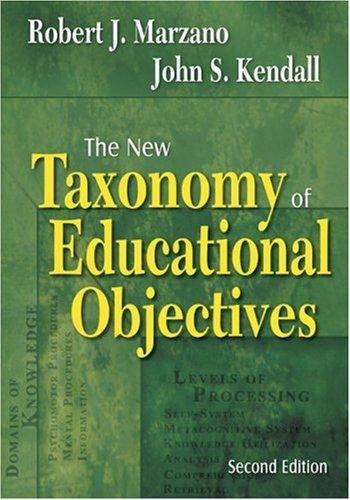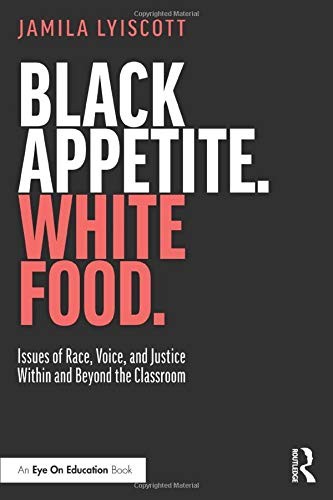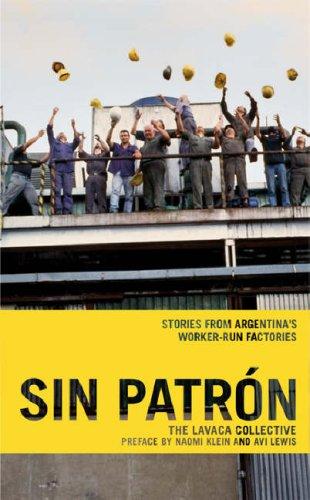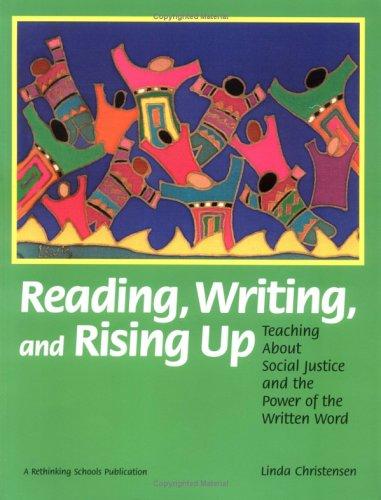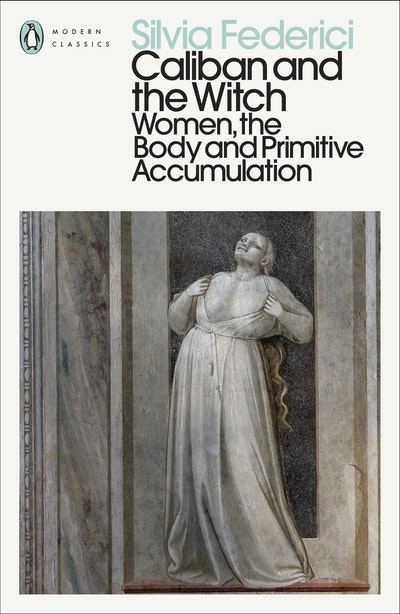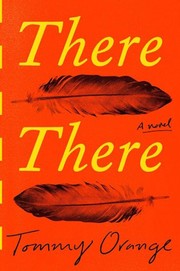Mourning today
User Profile
I wish I read more fiction
This link opens in a pop-up window
Sean's books
User Activity
RSS feed Back
Sean started reading Rediscovering Turtle Island by Taylor Keen
Sean wants to read The New Taxonomy of Educational Objectives by Robert J. Marzano
Sean wants to read Black Appetite. White Food. by Jamila Lyiscott
Sean commented on Participative Design for Participative Democracy
I'm leaving this in "currently reading" where it's been for... 10 years to the day. Wow. It's weird to think this book has been with me for this long, and that I've been on such a journey with it. And there's still so much to do.
I'm leaving this in "currently reading" where it's been for... 10 years to the day. Wow. It's weird to think this book has been with me for this long, and that I've been on such a journey with it. And there's still so much to do.
Sean finished reading Glass and Gardens: Solarpunk Summers by Jaymee Goh
Welp, Solarpunk class is over, so I guess it's time to stop picking through this one. It was really great to teach from, though!
Welp, Solarpunk class is over, so I guess it's time to stop picking through this one. It was really great to teach from, though!
Sean commented on The Counter-Revolution of 1776 by Gerald Horne
Sean commented on Caliban and the Witch by Silvia Federici
Sean started reading Reading, Writing, and Rising Up by Linda Christensen
Sean wants to read Sin Patrón by Lavaca Collective
Sean wants to read Interdependence by Kriti Sharma
Encouraged in the intro to Gumbs’ Undrowned
Sean wants to read Love and Rage by Lama Rod Owens

Love and Rage by Lama Rod Owens
In the face of systemic racism and state-sanctioned violence, how can we metabolize our anger into a force for liberation?
…Sean replied to Tod Robbins's status
@todrobbins I wish I could! I just saw someone very favorably reference that essay and its treatment of Lord of the Flies (which I once had to teach as part of an International Baccalaureate curriculum, and didn’t have the language or understanding to process it critically with students). Specifically: what actually happened when a group of young people actually experienced the main storyline of LotF in real life and how it was almost the exact opposite of the ending of the book.
